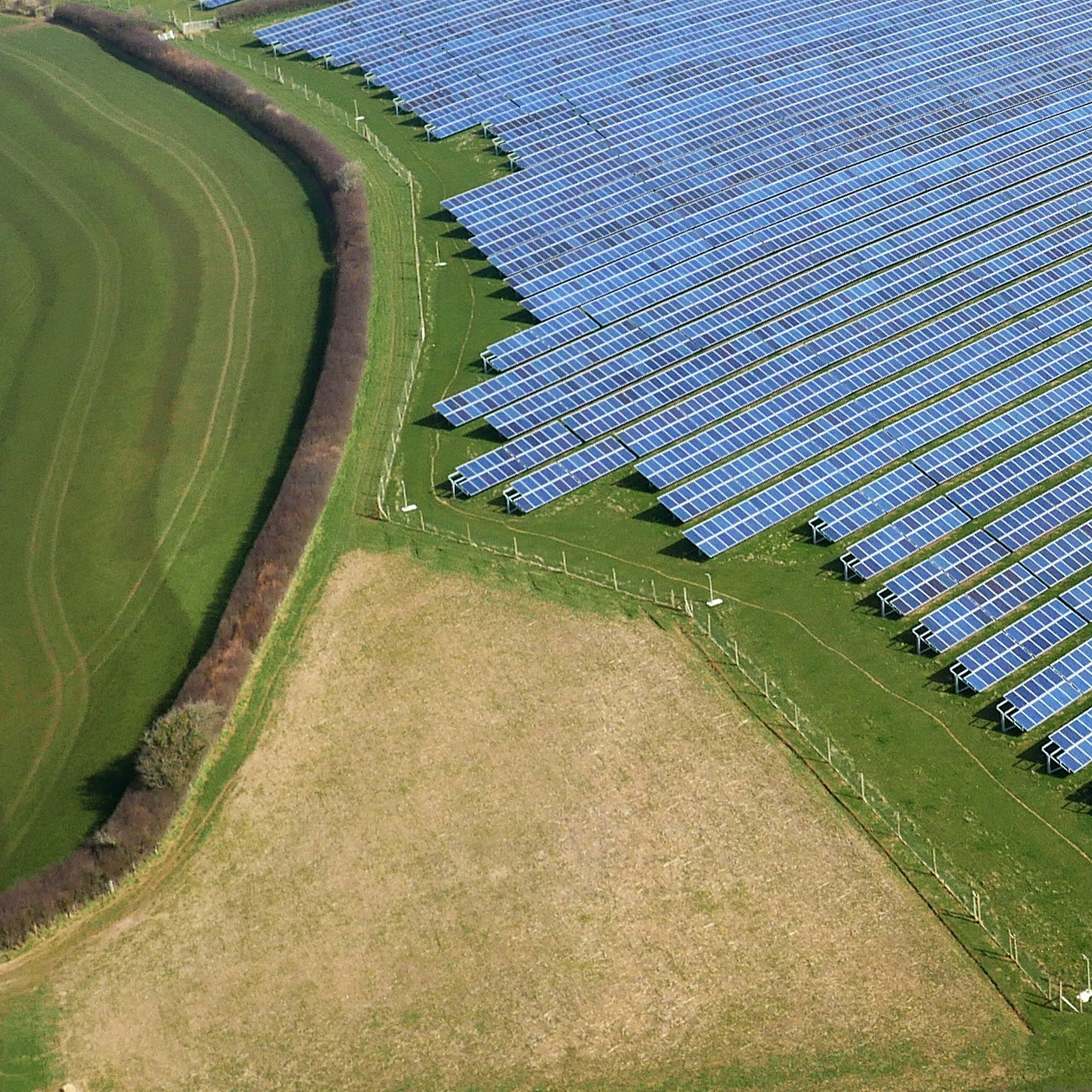The Committee on Climate Change advice and renewable energy in Wales
The Committee on Climate Change (CCC) has called on the UK government to achieve net-zero carbon emissions by 2050 – an ambitious increase from the current plan of 80 per cent of 1990 levels by 2050.
The UK has already shown remarkable leadership in tackling climate change. This leadership status positions the UK to achieve this new and needed reduction in carbon emissions at a pace not thought possible before the 2016 COP in Paris. Low Carbon have always understood that climate mitigation is not mutually exclusive to business development, innovation and growth. Estimations from the Aldersgate Group indicate that the share of the low-carbon economy will grow from 2 per cent of UK GDP today to 8 per cent by 2030 and 13 per cent by 2050. The CCC’s ambitions for the UK are reflected in trends around the world, with over 415 global investors signing up to the 2018 Global Investor Statement to Governments on Climate Change to demand action – these investors alone manage more than $32 trillion in assets and points to the scope of potential finance available for sustainable products and services.
Climate change mitigation must therefore be possible at the pace the CCC are promoting.
Low Carbon was established to make a positive and significant impact on the causes of climate change through carbon reduction, by leveraging primarily renewable energy technologies. We have driven investment in green energy since our inception, and to date have funded the development of more than 320MW of UK solar energy alone – enough clean energy to power more than 100,200 three-bedroom homes.
While steps taken by large investment funds, governments and businesses will have a significant impact on our trajectory to address climate change, so do individuals and communities. Just last week the Department for Business, Energy and Industrial Strategy (BEIS) released the Public Attitudes Tracker showing that more people than ever care about climate change (80 per cent of the public). The tracker also found record highs of support for renewable energy sources including wind, wave and tidal power but the highest on 89 per cent was solar power.
We are also inspired by the leadership of the Welsh Government in understanding the urgency on climate change – as they declare a climate emergency.
As investors and developers, we ensure we reduce harmful emissions and improve local environments, all the while engaging with the local communities. Our solar parks are often used to promote biodiversity in the local area. Many host beehives, supporting ecosystems and boosting the number of pollinating bees vital for crop production and our food supply.
In fact, our experience in Wales to date has shown how it is possible to make land dual use. For example, in Rudbaxton the landowner of the solar park has continued to farm sheep at normal stocking densities. The sheep now benefit from shelter provided by the solar panels as well as rich grasslands across the site.
Low Carbon is fundamentally focused on climate change mitigation and we will continue to support the current wave of positive interventions from individuals, communities, single issues campaigns, businesses and governments – which must be enduring to ensure we have a sustainable future with green and clean technologies.

